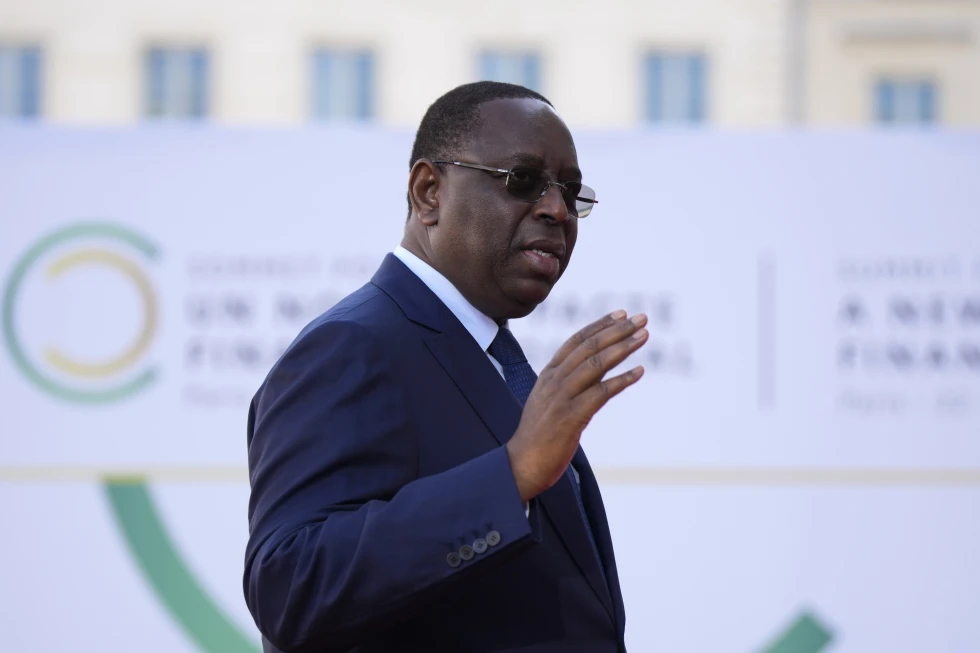In a recent turn of events, Senegal, long hailed as one of Africa’s stable democracies, finds itself entangled in political tension as President Macky Sall announces that the country’s presidential election is slated for 24 March. This proclamation comes on the heels of a controversial decision to postpone the election last month, a move that triggered widespread protests and accusations of a constitutional coup.
Senegal’s political landscape has been characterized by stability, standing out as the sole mainland West African nation to have avoided military coups. However, recent events have challenged this reputation, prompting concerns about the democratic trajectory of the nation.
The decision to delay the presidential election from its original date of 25 February to December was met with vehement opposition, leading to deadly unrest in the streets. President Sall, whose second term is set to conclude on 2 April, has vehemently denied any intention to seek a third term in office. Nonetheless, his opponents have been quick to accuse him of attempting a constitutional coup, asserting that the postponement was a strategic move to extend his political tenure beyond constitutional limits.
Senegal’s Constitutional Council, responding to the outcry, intervened and ruled that the presidential election must take place before 2 April. This decision has set the stage for the upcoming election on 24 March, aiming to restore order and address the concerns surrounding the electoral process.
In an unexpected move, President Sall dissolved the government on Wednesday evening, a strategic manoeuvre aimed at realigning priorities ahead of the election. Prime Minister Amadou Ba was replaced by Interior Minister Sidiki Kaba, with the presidency citing the need for Ba, the ruling coalition’s presidential candidate, to concentrate on his electoral campaign. This decision, while sparking speculation about its political implications, underlines the significance of the upcoming election for the ruling coalition.
Macky Sall, a two-term leader who first assumed the presidency in 2012, had promised not to overstay his welcome in office. However, the recent controversies surrounding the election have cast doubt on the credibility of this commitment. Sall’s insistence on not seeking a third term is met with skepticism by his opponents, who argue that the postponement of the election and the subsequent dissolution of the government are indications of a power consolidation strategy.
Senegal’s political stability, once considered a stronghold in the region, now faces a critical test. The unexpected twists and turns in the lead-up to the presidential election have raised concerns both domestically and internationally. Observers are closely monitoring the situation to gauge the impact on Senegal’s democratic institutions and to ensure that the electoral process is transparent and fair.
As the nation prepares for the upcoming election, there is a palpable sense of anticipation and uncertainty. The events of recent weeks have galvanized political actors, civil society, and the international community to closely scrutinize the electoral process. Calls for transparency, adherence to constitutional principles, and respect for democratic norms echo both within Senegal and abroad.
The resolution of this political impasse will undoubtedly shape the future trajectory of Senegal’s democratic journey. The upcoming election on 24 March serves as a critical juncture, determining whether Senegal can navigate these turbulent waters and reaffirm its commitment to democratic governance. As citizens and the international community watch with bated breath, the hope is that Senegal will emerge from this period of uncertainty with its democratic foundations intact, paving the way for a peaceful and legitimate transition of power.
Photo credit: AP Photo/Lewis Joly




